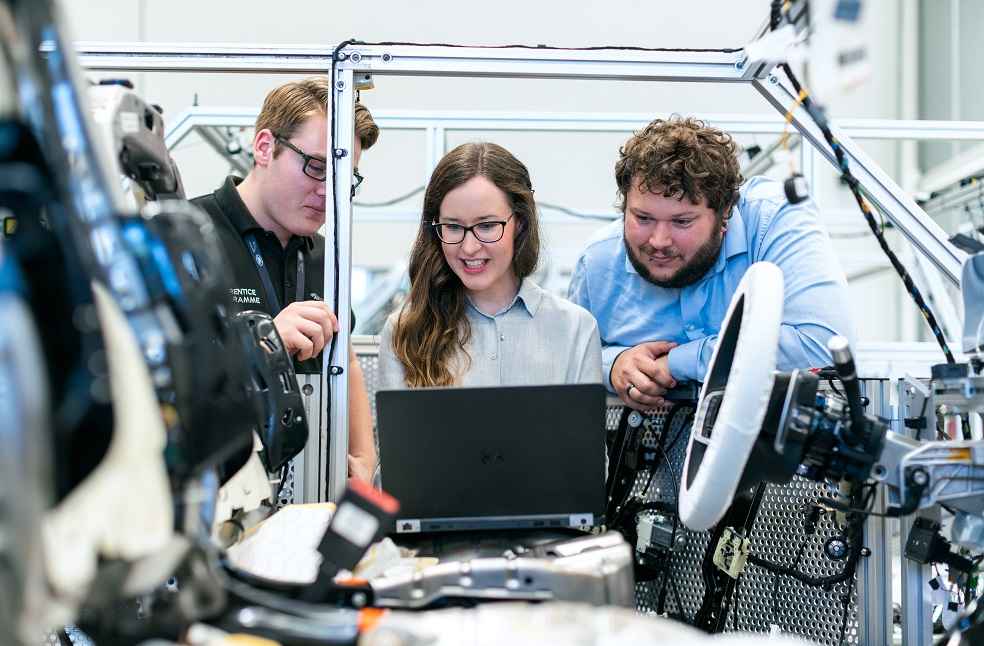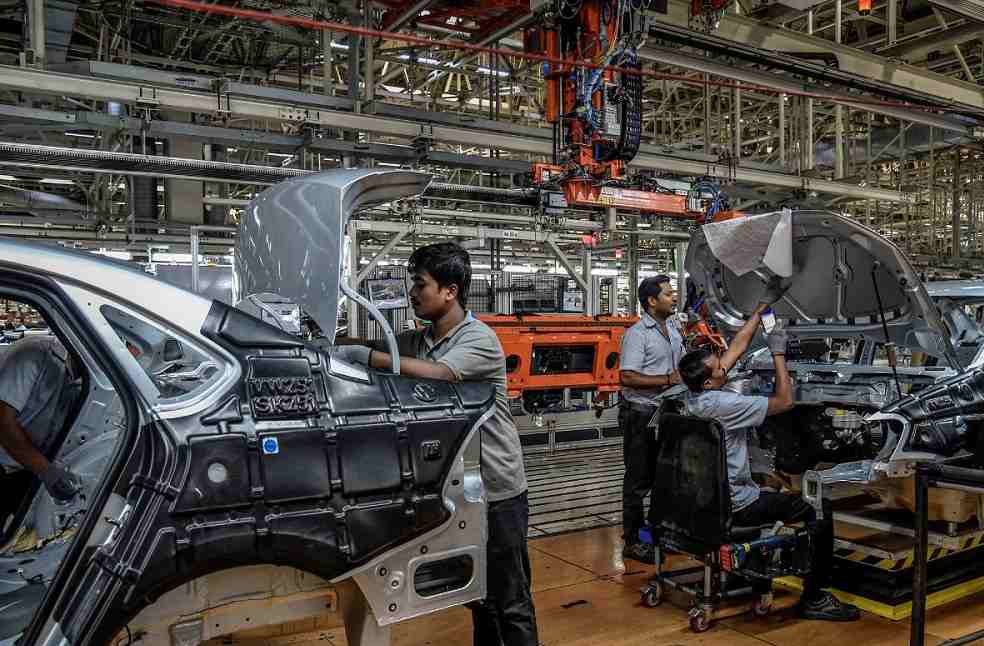Chinese auto component manufacturers are unlikely to participate in the upcoming Bharat Mobility Show 2025, a marquee global event scheduled to take place from January 17 to 22 across three prominent venues in Delhi-NCR: Bharatmandapam, Yashobhoomi (India International Convention and Expo Centre) Dwarka, and India Expo Centre & Mart, Greater Noida.
When asked about the absence of Chinese participants, Vinnie Mehta, Director General of the Automotive Component Manufacturers Association of India (ACMA), remarked, “I don’t think so.” He clarified that while bookings were open to all, Chinese companies did not apply for participation through the event’s portal.
The six-day Bharat Mobility Global Expo 2025 is expected to host participants from over 50 countries, including 35 vehicle manufacturers. It will showcase a wide range of sectors, including automobiles, auto components, tyres, e-mobility, software, steel, and batteries.

China, which currently accounts for approximately 28% of India’s auto component imports, plays a crucial role in the industry. According to official data, India’s imports of auto components grew by 4%, reaching $11 billion (₹92,050 crore) during the first half of the fiscal year 2024-25, up from $10.6 billion (₹87,425 crore) in the same period last year.
Responding to a related issue, Mehta highlighted challenges faced by the auto industry in obtaining no-objection certificates (NOCs) for importing specialised steel, essential for specific production processes. He attributed the delays to the government’s push for localisation and adherence to Quality Control Orders (QCOs).
“Unfortunately, at this juncture, the NOCs are not coming through,” Mehta stated, noting that both ACMA and the Society of Indian Automobile Manufacturers (SIAM) have made formal presentations to the Ministries of Steel and Heavy Industries.

The automotive industry imports only about 5% of the country’s total steel shipments, with volumes ranging from a few kilos to quintals for specialised grades. Mehta emphasised that some of these imports are so specialised that localisation may not be feasible.
“Despite these challenges, ACMA and SIAM firmly believe that localisation is the way forward,” he said. However, he expressed optimism that the government would address their concerns, as certain automakers face critically low inventory levels, potentially threatening production continuity.
As the auto sector prepares for the Bharat Mobility Show 2025, the absence of Chinese players could shift focus to domestic and other international participants, reflecting India’s evolving trade dynamics and localisation efforts.
DON’T MISS | BMW, Mercedes Reshuffle Leadership to Tackle EV Slowdown





